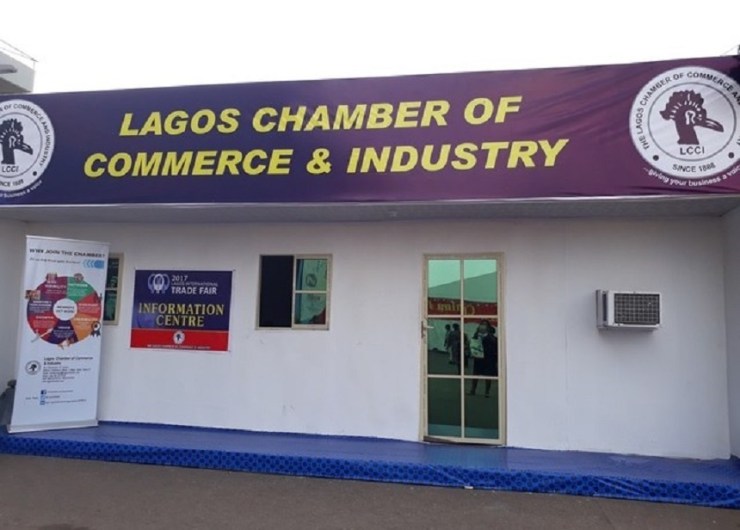
The Lagos Chamber of Commerce and Industry (LCCI) has voiced its concerns regarding the Federal Government’s plans to borrow $2.2 billion, emphasizing the risk of debt sustainability issues and its potential impact on critical infrastructure development.
This borrowing plan comes at a time when Nigeria’s fiscal challenges have deepened, driven by escalating debt servicing obligations, currency instability, and limited revenue generation.
The chamber, in a statement on Friday, signed by its Director-General, Chinyere Almona, warned that Nigeria’s growing debt profile, currently exceeding 50% of GDP, poses significant risks to economic stability.
Register for Tekedia Mini-MBA edition 19 (Feb 9 – May 2, 2026): big discounts for early bird.
Tekedia AI in Business Masterclass opens registrations.
Join Tekedia Capital Syndicate and co-invest in great global startups.
Register for Tekedia AI Lab: From Technical Design to Deployment (next edition begins Jan 24 2026).
Almona highlighted that debt servicing expenses have already begun to overshadow capital expenditure allocations. She noted that the concerns were driven by weak economic fundamentals and a lack of understanding of navigating through these challenges to a better economy in the near term.
She added that the country’s estimated debt-to-gross domestic product ratio of above 50 percent debt servicing expenses is set to swallow capital expenditure, and has already resulted in a debt of about $17 billion.
She stated, “The LCCI is taking the responsibility to, once again, warn about imminent debt sustainability issues and how that may further weaken the state of critical infrastructure in the country. The chamber has always advised against solely using debt financing without considering other options to fund budget deficits.
“A critical perspective of further borrowing is the risk of losing steam on infrastructure financing as debt servicing alone may rise above what is set aside for capital expenditure in the 2025 federal budget.”
The government’s increasing reliance on external borrowing, according to LCCI, also exposes the country to external currency shocks, particularly as the naira continues to weaken against the dollar.
Almona explained, “Another concern is the exposure to the external currency shocks that may result from the depreciation of the naira against the dollar in the course of servicing these accumulated debts.”
These challenges have been compounded by the Central Bank of Nigeria’s (CBN) struggle to stabilize the naira, despite various policy interventions aimed at boosting the foreign exchange supply, she added.
Recent data underscores the scale of Nigeria’s fiscal challenges. According to the 2025-2027 Medium Term Expenditure Framework and Fiscal Strategy (MTEF & FSP), Nigeria’s total debt servicing payments, including domestic obligations and interest payments on securitized borrowings, have already reached N5.51 trillion by August 2024, consuming 34.4% of the total budget.
Between January and August 2024, the cost of servicing foreign debts surged by 107.7%, reaching N3.8 trillion. This figure dramatically exceeds the N1.83 trillion budgeted for foreign debt servicing in the 2024 budget.
The surge in debt servicing expenses threatens to divert resources away from infrastructure projects critical to economic development.
Business leaders have urged the government to adopt alternative strategies to finance its budget deficit and stimulate economic growth. The government has been advised to intensify efforts to expand the non-oil revenue base through comprehensive tax reforms and foster growth in export-oriented sectors such as agriculture, manufacturing, and solid minerals.
Also, the government has been urged to privatize underperforming state-owned enterprises and enhance the efficiency of those retained under government control.
Increasing oil output, which has been constrained by theft and operational inefficiencies, is expected to significantly enhance government revenues.
The LCCI emphasized that stabilizing the naira and addressing structural issues in the foreign exchange market are urgent priorities. Almona explained that the government’s borrowing appetite must be managed prudently to prevent further weakening of the naira and to ensure that developmental objectives are not undermined by rising debt servicing costs.
She said funding critical business-supporting infrastructure like electricity supply, security for food production, logistics, and enabler manufacturing should be of utmost importance.



